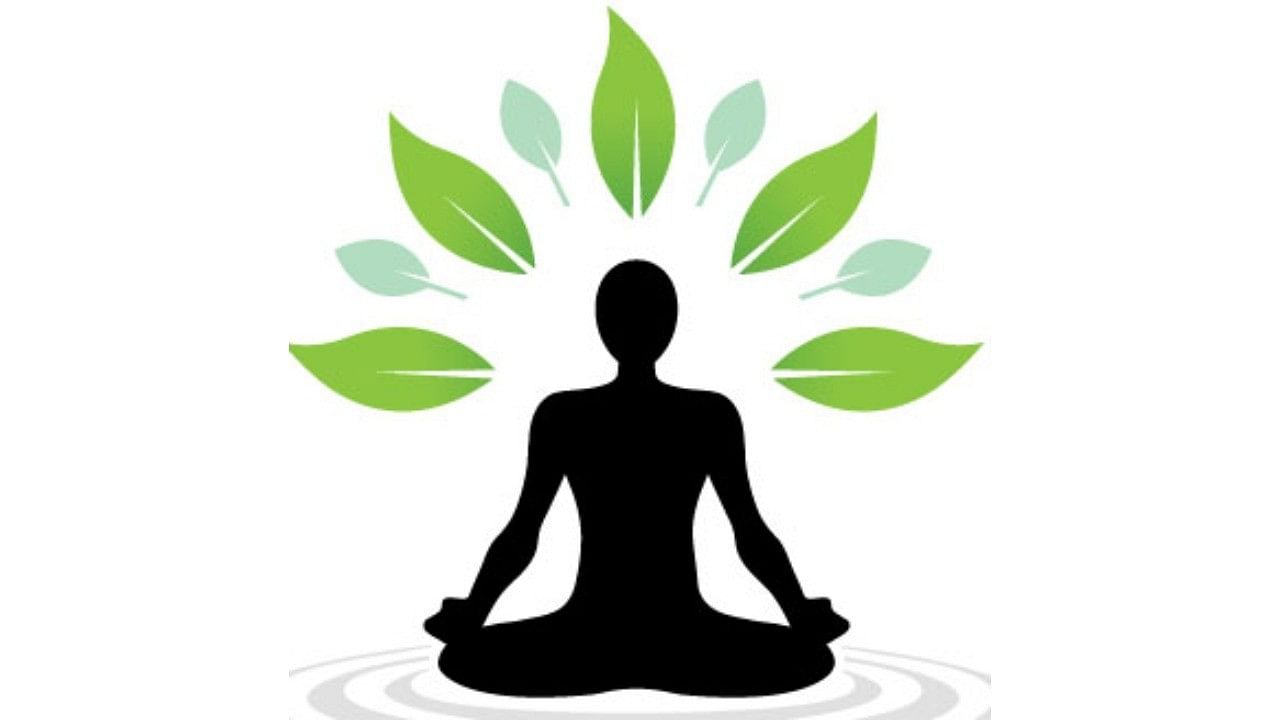
OASIS logo
Credit: DH Illustration
Eid-ul-Adha, the festival of sacrifice has just gone by. It is celebrated by Muslims traditionally by sacrificing an animal. Sacrifice, the dictionary would tell you is the act of slaughtering an animal as an offering to the Gods. The dictionary would also tell you that sacrifice means to give up something valuable. This Eid is much more than the act of sacrificing an animal. It commemorates the willingness of a father, Prophet Abraham to obey the dictat of God; the willingness of a son, Ismail, to offer himself willingly in deference to his father’s wish and God’s command. And it celebrates a kind and merciful God who acknowledges Man’s devotion and obedience by ensuring nothing happens to the son.
The animal ritual is not a propitiatory ritual; it is symbolic of a much larger message of willingness to give up something most valuable to you. Rituals allow believers to communicate to God, to self and others. Such communication becomes meaningful only when we remember the larger message behind rituals. In this case of faith and sacrifice. Prophet Abraham was in effect also being tested if he could let go the sense of ownership because everything belongs to the Creator, God. As has been said each of us also have something about which we are very possessive and do not want to part with. It could be our title, ego, wealth. Translated to modern times, it means much more than merely sacrificing an animal -- means giving your money and time for the larger good. And giving more than what religion prescribes. It means charity to uplift the poor and needy. The purpose of life after all is ‘to have it make some difference that you have lived and lived well.’
This Eid also marks the culmination of the rituals of Hajj, the pilgrimage to the holy city of Mecca. Performance of Hajj by those who are economically well off and physically capable is one of the pillars of Islam. The Hajj re-enacts events performed by prophet Abraham, his wife Hagar and their son Ismail as they reaffirmed their faith and trust in God.
Nothing captures the spirit of Eid better than ‘Eidgah’, that brilliant short story of Prem Chand. This is the story of a 4-year-old poor, orphan, Hamid, staying with Ameena, his grandmother. Rather than buy toys or sweets,
Hamid uses his meagre Eid gift money to buy Ameena a pair of tongs, remembering how she always burns her fingers while making rotis for him. It is the story of sacrifice, love, caring and empathy. And this is ultimately what Eid is all about.